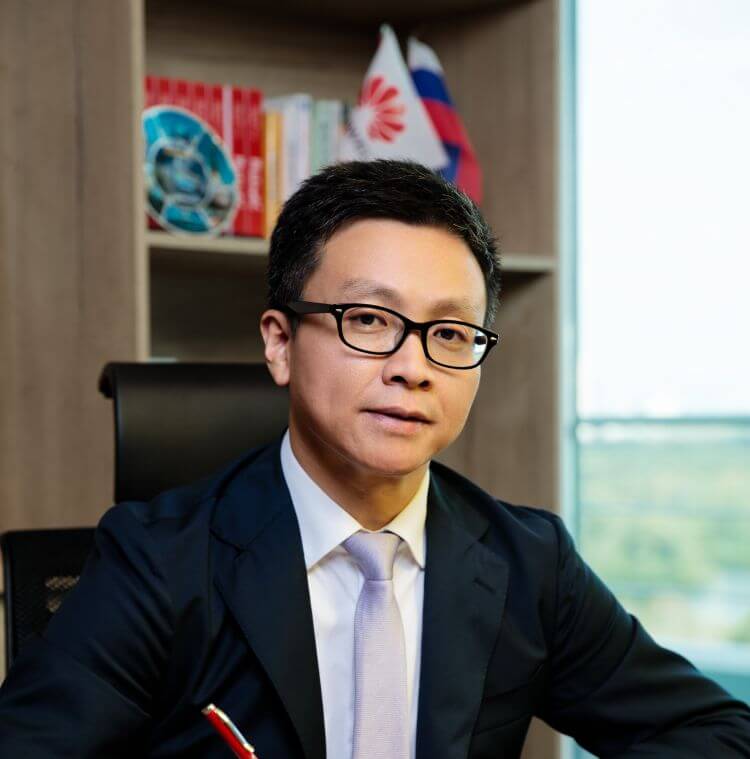The extension of digital technology will bring development to the African region, says the Global Vice President of Huawei, Mr Hou Tao.
In a statement made available to Financial Street on Wednesday, Tao reiterated Huawei’s commitment to digital connectivity in Africa.
He said, “Everyone being connected is what we have been pursuing, while providing connectivity to all Africans requires improvement to the continent’s rural network through strong, targeted policies, as well as boosting investment in existing digital infrastructure from both private capital and governments.”
He, however, said the authorities could provide a sufficient spectrum, grant licences that facilitate the flexible use of new and emerging technologies, allow operators to operate freely, and provide clear information about future spectrum expansions and auctions.
According to him, the digital economy is out-performing all other sectors in terms of growth, innovation and the scope of influence.
He noted that the International Telecommunication Union backed the use of Information and Communications Technology to achieve the United Nations Sustainable Development Goals.
“ICT has become the main driver of sustainable socio-economic development. So far, more than 170 countries and regions have published digital strategies. Research findings show that a 20 per cent increase in ICT investment can grow a country’s Gross Domestic Product by one per cent. The global digital economy has grown 2.5 times faster than global GDP, and Return on Investment in ICT has been 6.7 times that of non-ICT investments on average.
“All of this proves that the digital revolution is strengthening economies and driving development. An example is financial inclusion: 144 operators specialised in mobile money operators are operating on the continent, with over 500 million users and a volume of $456bn in transactions by 2020,” Tao said.
The company, he added, is glad to see that 40 per cent of the African population has been connected to the Internet, while only 10 per cent was connected in 2010, and that digital coverage of Africa is still being expanded with the help of African governments to accelerate their country’s ability to participate in the ongoing digital revolution.
He pointed out that the sudden outbreak of the Coronavirus Disease made ICT remarkable, stressing also that Africa has demonstrated great potential and capacity to embrace a world of full connectivity and towards holistic digitalisation.
“Governments play a crucial role by implementing effective sector regulation, addressing potential market failures and creating the conditions for an open, competitive broadband sector.
“Network sharing, a key lever for cost reduction, can be promoted through wholesale open access, which can lead to healthy competition and benefit end-users with cost-effective services,” Tao stressed.
Beyond these efforts, he said spectrum was an area that would benefit all.
“The use of low band as 700MHz and 800MHz has been approved with significance for coverage improvement. The expansion, re-organisation and re-allocation of Sub 3G band are still essential for the capacity of mobile broadband in the long term.
The C band could be the first choice for the initial deployment of 5G with its mature ecosystem. And 6GHz spectrum on International Mobile Telecommunications would be key for the future evolution of beyond 5G. IMT technology on the 6 GHz band can ease the management of the spectrum,” he explained.
Tao said the initiatives would enhance networks and aid the ongoing deployment of 5G technology, which is more necessary now than ever.
Get real time update about this post categories directly on your device, subscribe now.



